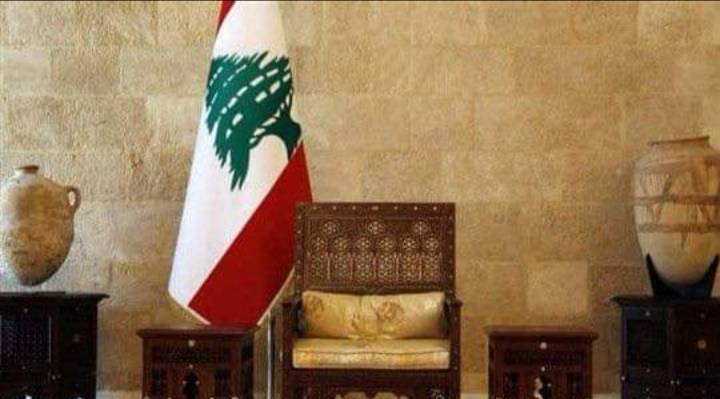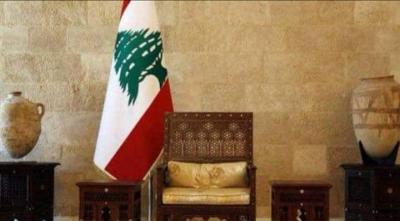Starting from September 1, the constitutional period for electing a new president of the Lebanese Republic begins, amid a cloudy picture that obscures the identity of the upcoming president, with insufficient chances for consensus on a successor to Michel Aoun. Some are making efforts to elect a consensual president who does not pose a challenge to either the March 8 or March 14 teams. However, all these efforts remain in their infancy and may lead to a presidential vacuum rather than the election of a president, considering that a consensual figure would be without color or flavor.
Among the names being circulated for the presidency, the name of ambassador Tracy Chamoun is being mentioned for the first time. She is the daughter of the President of the National Liberal Party, Dani Chamoun, who was assassinated following the events of October 13 against Aoun at the Baabda Palace. Tracy was appointed ambassador to Jordan due to the good relations her grandfather, President Kamil Chamoun, had with the kingdom. Tracy resigned the day after the Beirut Port explosion on August 4 in protest against the prevailing conditions. She did not run in the last parliamentary elections but sought to hold meetings and agreements with Christian political forces in search of support for her candidacy.
The second name mentioned for the presidency is MP Strida Geagea, considering that her husband, Samir Geagea, the head of the Lebanese Forces party, might have challenging chances. However, Strida does not take this proposal seriously. She believes that anyone opposing the accession of the head of the Lebanese Forces to the presidency will hinder the chances of any other Lebanese Forces candidate. She argues that if there are any chances for a Lebanese Forces candidate to reach the presidency, that candidate would be her husband.
Outside of these two names, there is currently no other serious female name in the presidential race, despite efforts from women's organizations, including the head of the National Commission for Lebanese Women's Affairs, Claudine Aoun Rokz, and others to push for the title “Your Excellency” to be conferred upon one of the women. Nevertheless, just as Mirna Bustani was elected as the first woman by acclamation following her father, MP Emil Bustani, in 1963, and subsequently helped increase the number of women in parliament to eight in 2022, it is not unlikely that in the future a woman could be elected as president of the Lebanese Republic, so that the presidential palace does not remain the exclusive domain of men.




